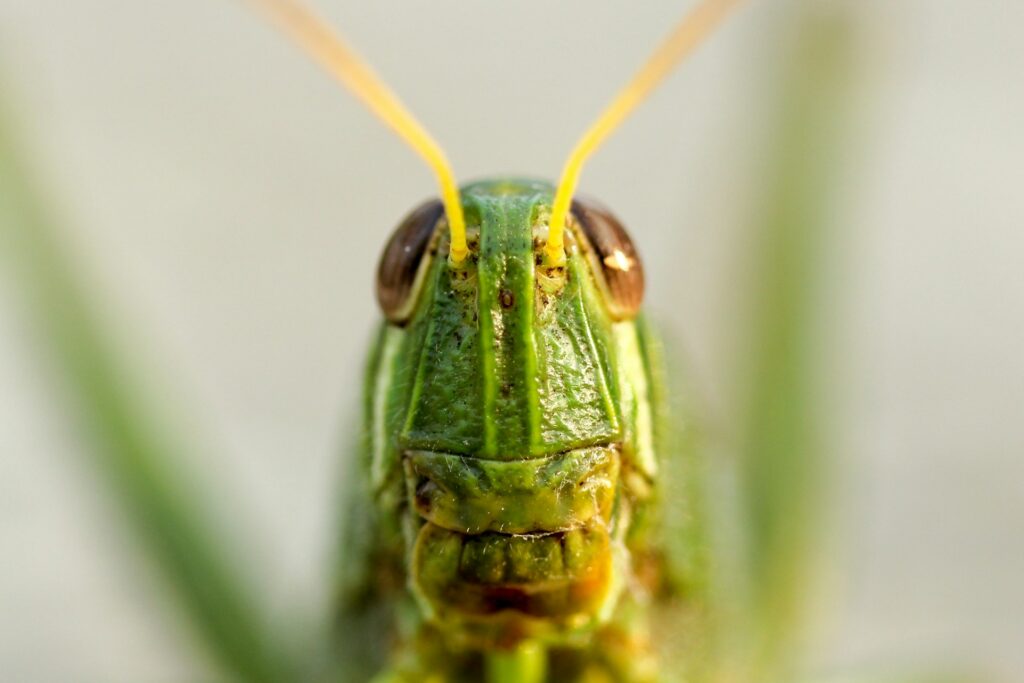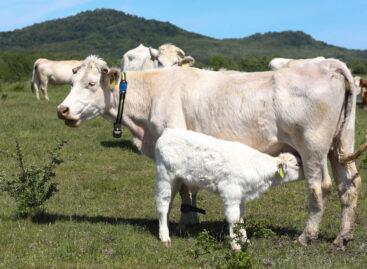Although in recent years insect farming has been promoted as an environmentally friendly alternative to traditional meat production, the mass adoption of insect-based foods remains unlikely – according to a recent study published in Nature Sustainable Agriculture. The group called the European Voice of Animal Husbandry states that cultural habits and the so-called “yuck factor” are so deeply rooted that even intensive marketing struggles to break through them – reports vg.hu.
Consumer resistance is stronger than expected
 In Western countries, aversion to eating insects is particularly strong. Surveys show that while 91% of respondents are open to trying plant-based meat substitutes, only 20% would consider eating insects. Thus, making mealworms, crickets, or grasshoppers a main food source is not a realistic scenario for now.
In Western countries, aversion to eating insects is particularly strong. Surveys show that while 91% of respondents are open to trying plant-based meat substitutes, only 20% would consider eating insects. Thus, making mealworms, crickets, or grasshoppers a main food source is not a realistic scenario for now.
The focus is on animal feed
Market trends confirm this: most insect farming companies – with the exception of a few start-ups producing protein bars – focus on producing insects for animal feed. One example is the new facility of Hungarian company Agroloop Hungary Kft. in Üllő, which produces feed protein from black soldier fly larvae, in line with the principles of a circular economy.
A narrow and stagnant market
According to the study, insect consumption is low even in countries where it has a tradition. While there have been attempts to incorporate insect protein into products like energy bars or bread, these have not provided a viable alternative that could meaningfully replace meat consumption.
Meat substitution: a complex challenge
The authors emphasize that a food like meat, which has been part of the human diet for millennia, can only be successfully replaced if the alternative is competitive in taste, price, convenience, and nutritional value, while clearly proving its environmental and health benefits. However, such evidence is still lacking to this day.
The research concludes that in the coming decades, insect-based foods will likely remain confined to niche markets and the animal feed sector, while global meat consumption is expected to continue rising, driven mainly by the increasing demand from emerging middle classes in developing economies.









